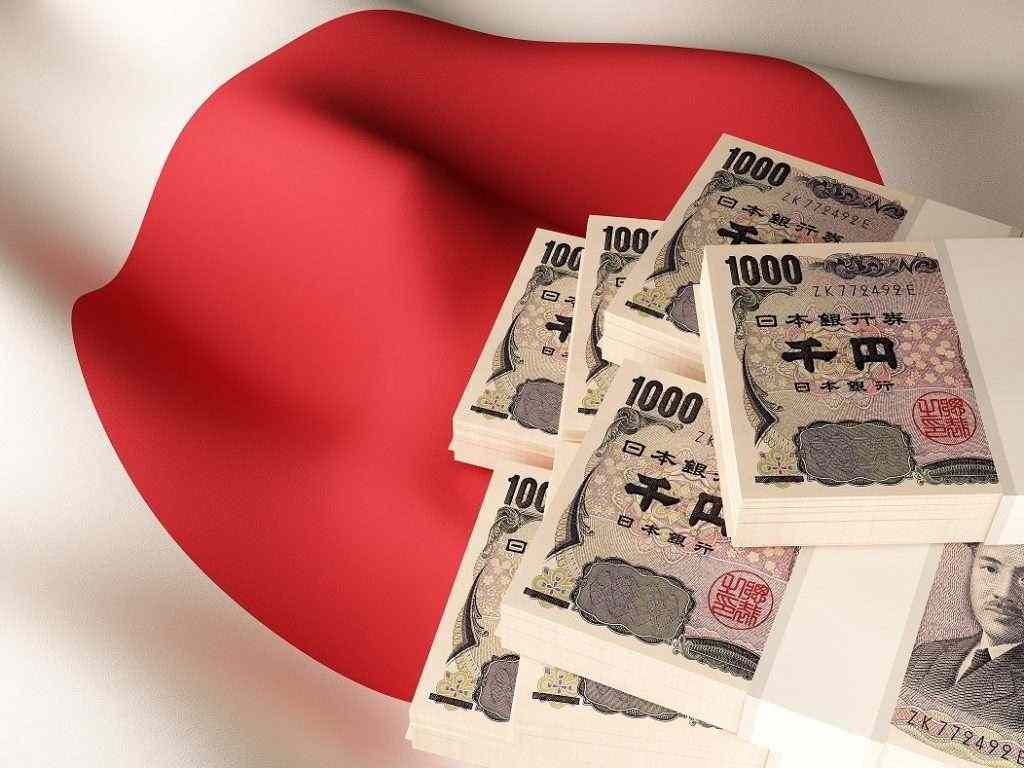Japan reveals $120 billion fiscal package to support economic growth and post-Olympics slump

Japan revealed a $120 billion fiscal package that aims to stimulate the country’s stalling economic growth while offshore risks and sustainability after the 2020 Tokyo Olympics concern policymakers.
Prime Minister Shinzo Abe announced the fiscal package worth 13 trillion yen ($119.7 billion) on Thursday. The people of Japan expects further announcement from the government regarding the details of the package once it has been approved by the cabinet.
“We managed to compile a strong policy package,” Abe said in a gathering of government officials and ruling party lawmakers on the day of the announcement.
“It’s based on three pillars of ensuring disaster rebuilding and safety, providing intensive support to overcome downside economic risks and sustaining economic vitality after the Tokyo Olympics,” Abe added.
The package amounts to 25 trillion yen ($230 billion) should it include government loans, credit guarantees, and private-sector spending, sources said.
Japan’s economy ground comes to a near halt in July-September as global economic slowdown knocked exports, which Japan heavily relies.
“Fiscal policy is a smart thing to do right now particularly because there really isn’t much opportunity for any monetary policy movement given that there just isn’t any space on the monetary policy side,” said Steve Cochrane, economist at Moody’s Analytics before Abe’s announcement.
“If it’s infrastructure spending or spending on education and training for either young people or retraining the older generation that is staying in the labour force longer—these are activities that would provide near-term juice for the economy but maybe have long-term impact as well,” added Cochrane.
The 13 trillion yen includes fiscal investment and loan programmes worth 3 trillion yen, as the Japanese government takes advantage of the negative interest rates of the central bank.
“Rather than pushing up the economy, we see it as easing negative factors,” senior economist Takumi Tsunoda of Shinkin Central Bank Research Institute said.

